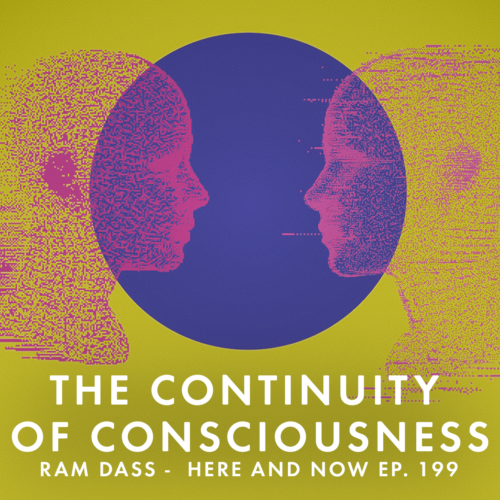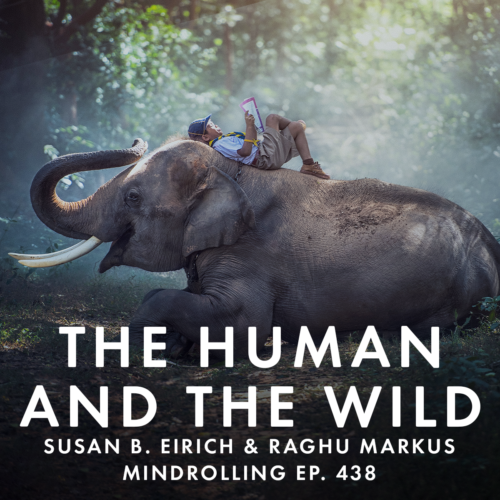A personal blog by a graying (mostly Anglo with light African-American roots) gay left leaning liberal progressive married college-educated Buddhist Baha'i BBC/NPR-listening Professor Emeritus now following the Dharma in Minas Gerais, Brasil.
Sunday, May 8, 2022
Via Daily Dharma: A Mother’s Love
Our
potential for equanimity can be modeled in and learned from the love
parents show children. Listen to the person in traffic, the person who
smiles, the person who never glances our way. Listen for the echoes of
your crying child. What does she need? Go to her. Pick her up. Wrap her
in your acceptance and rock her to sleep.
Sarah Aceto, “As If I Were Your Mother”
CLICK HERE TO READ THE FULL ARTICLE
Via Dhamma Wheel | Right Mindfulness and Concentration: Establishing Mindfulness of Mind and the Third Jhāna
Establishing Mindfulness of Mind
|
|
|
|
|
|
|
|
|
|
|
|
|
|
|
|
|
One week from today: Establishing Mindfulness of Mental Objects and Abiding in the Fourth Jhāna
Share your thoughts and join the conversation on social media
#DhammaWheel
Questions? Visit the Dhamma Wheel orientation page.
Via Ram Dass - Love Serve Remember Foundation // Words of Wisdom - May 8, 2022 💌
“What happens is, when the grief runs its natural course… you come to the point where you realize that you’ve tasted something with that person that was such a living moment that that moment still exists independent of death. There’s a moment when we recognize that love transcends death. And that has to happen experientially, and it has to happen when grief runs its natural course.”
- Ram Dass -
Saturday, May 7, 2022
Via Be Here Now Network
Ram Dass – Here and Now – Ep. 199 – The Continuity of Consciousness
May 04, 2022

Via Be Here Now Network
Mindrolling – Raghu Markus – Ep. 438 – The Human and The Wild with Susan B. Eirich
May 06, 2022

Via Dhamma Wheel | Right Effort: Developing Unarisen Healthy States
Developing Unarisen Healthy States
|
|
|
|
|
|
|
One week from today: Maintaining Arisen Healthy States
Share your thoughts and join the conversation on social media
#DhammaWheel
Questions? Visit the Dhamma Wheel orientation page.
Via Daily Dharma: The Art of Dharma
The
practice of dharma is akin to the practice of art. With the tools of
ethics, meditation, and understanding, one works the clay of one’s
confined and anguished existence into a bodhisattva. Practice is a
process of self-creation.
Stephen Batchelor, “A Democracy of the Imagination”
CLICK HERE TO READ THE FULL ARTICLE
Friday, May 6, 2022
Via Dhamma Wheel | Right Living: Abstaining from Misbehaving Among Sensual Pleasures
Undertaking the Commitment to Abstain from Misbehaving Among Sensual Pleasures
|
|
|
|
|
|
|
One week from today: Abstaining from Intoxication
Share your thoughts and join the conversation on social media
#DhammaWheel
Questions? Visit the Dhamma Wheel orientation page.
Via Daily Dharma: The Fruit of Giving
Loss
itself is not a gift; loss is just loss. Pain is not okay just because
we can grow from it. We never need to be blown apart just because we can
learn from the act of piecing ourselves back together.
Teri Dillion, “Making Our Own Jewels”
CLICK HERE TO READ THE FULL ARTICLE






